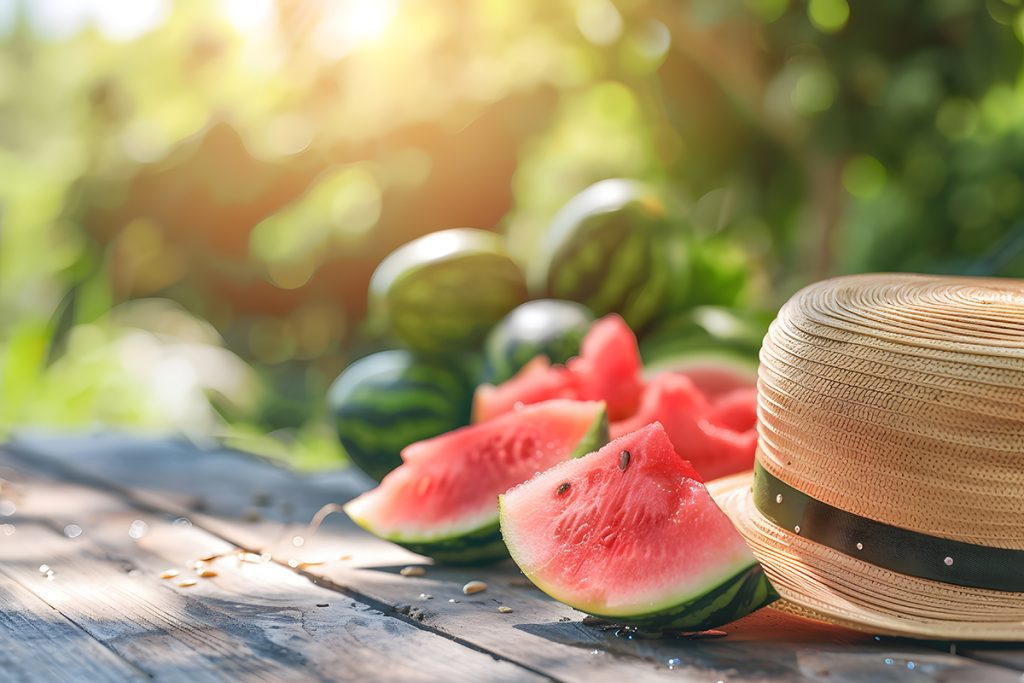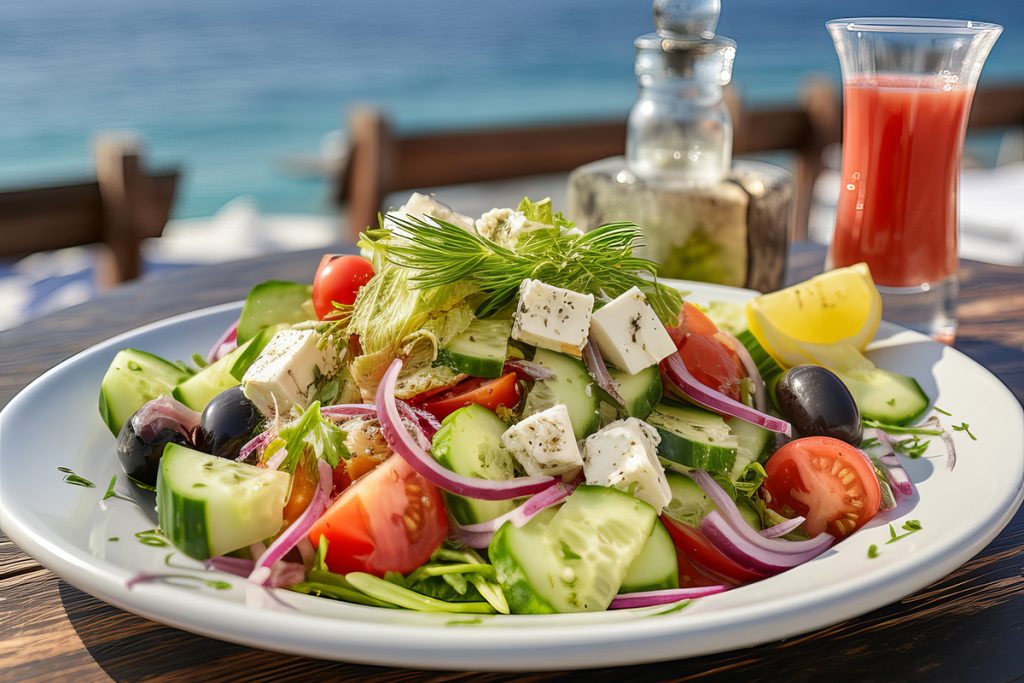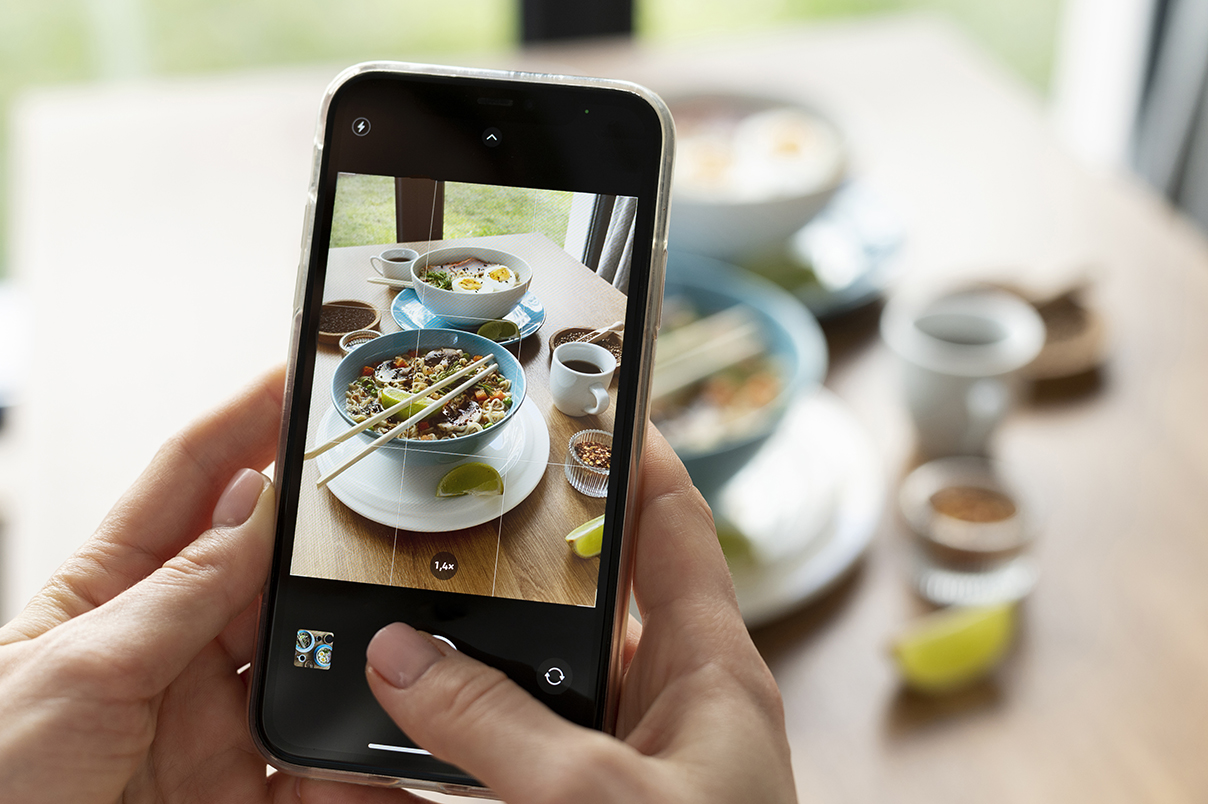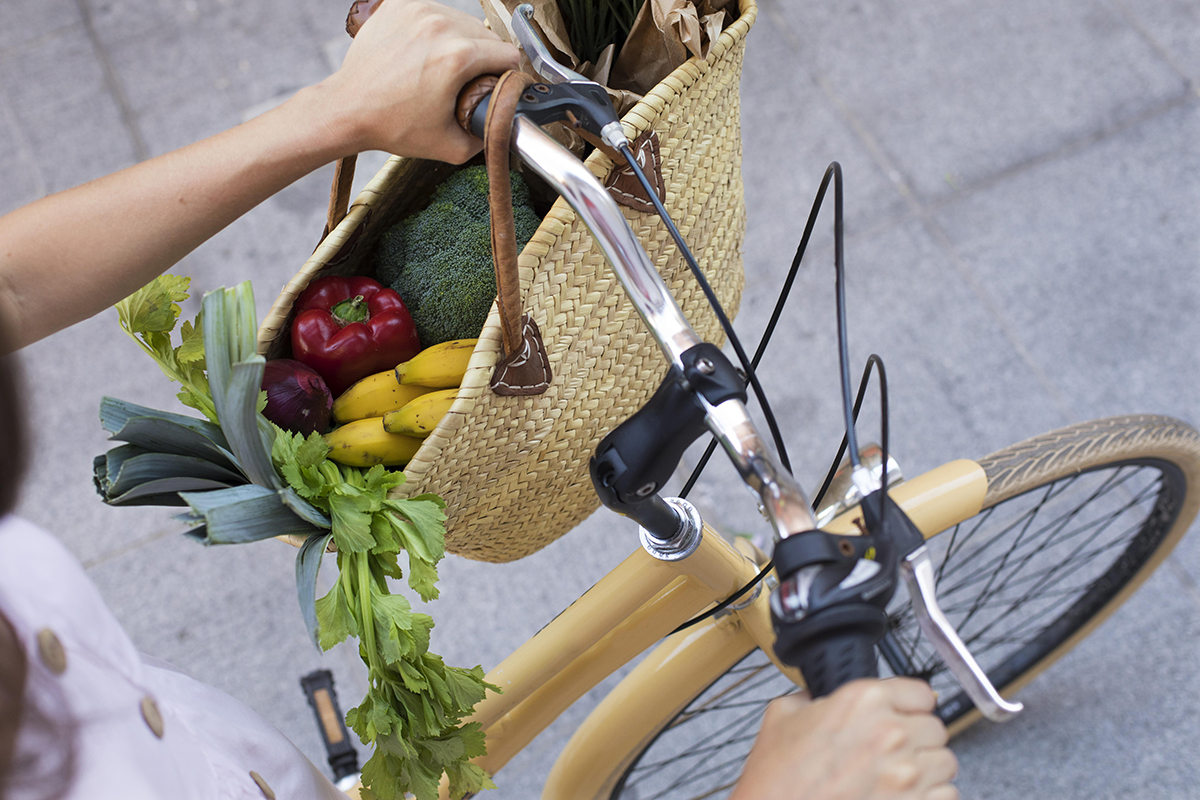What not to eat when there’s a heat wave

If you aim to stay cool during the summer, it’s worth reassessing your food and beverage choices.
Each year, scorching summer heat waves affect numerous countries, subjecting individuals to soaring temperatures. Experts advise prioritizing hydration and ensuring adequate energy intake to help endure the physical strain of extreme heat.
Don’t … eat large, heavy meals
Digesting substantial meals generates heat, and the body may struggle to process rich foods in one go, leading to increased heat production. Opting for lighter, more frequent meals, rich in hydrating foods like cucumber and watermelon, can provide sustained energy and combat fatigue during a heat wave.

Don’t … drink too much caffeine
Drinks high in caffeine, such as energy drinks, can contribute to dehydration due to increased urination. While a moderate amount of caffeine, such as that found in coffee, may not have as significant an impact.
Refrain from relying solely on cold foods and drinks to cool down during a heat wave.
While ice-cold treats offer temporary relief from the heat, excessive consumption may lower core body temperature, prompting the body to work harder to maintain warmth. This could lead to decreased energy levels and a feeling of increased warmth over time. Additionally, dairy-containing cold treats may pose digestion challenges for some individuals.
Consider using a cold compress on the neck rather than solely relying on internal cooling methods.
Do… Eat fruits and vegetables
Unlike processed foods, which lack water and can be challenging to digest, many fruits and vegetables are rich in both water and essential nutrients.
Experts recommend consuming produce with high water content, such as berries, watermelon, cucumbers, tomatoes, celery, and bell peppers. Darker greens like kale and spinach are also hydrating options.
These foods have the added advantage of not requiring cooking, which helps minimize heat buildup in your home.

Do… Hydrate properly
Experts advise sticking to plain water and low-sugar, caffeine-free beverages. Unless you’re engaged in vigorous physical activity, electrolyte drinks are typically unnecessary and may contain excessive sugar.
However, be mindful not to overconsume water during a during a heat wave. Drinking excessively can lead to a potentially dangerous condition called hyponatremia, where sodium levels in the body become dangerously low due to overhydration.
To gauge hydration levels, monitor the color of your urine. A very pale yellow color indicates proper hydration, akin to light lemon juice. Darker urine suggests dehydration.
Do… Consider balance
Experts advise against making drastic dietary changes while enduring a heat wave. In addition to hydration, your body requires sufficient calories. Supplement hydrating foods with sources of unsaturated fats, lean proteins, and other nutrients.
It’s important to note that sudden increases in fruit and vegetable consumption may lead to adverse reactions. For instance, a significant rise in fiber intake could result in gastrointestinal discomfort such as bloating and cramping, as well as changes in bowel movements.
Adopting healthy lifestyle and dietary habits gradually is key. This way, when the need for such changes becomes critical for survival or comfort, your body is already accustomed to them, reducing the shock.

Additional tips to beat a heat wave
Don’t go out
If you’ve ever been to a consistently hot travel destination, you’ll observe that during scorching days, locals typically remain indoors, reserving outdoor activities for cooler evenings.
If they must venture out during the day, they opt for lightweight, breathable clothes, move at a leisurely pace, frequently hydrate with cold beverages, and may even use a parasol for shade. These strategies contribute to their comfort.
Make the fridge and freezer work
It’s a smart move to have a supply of ice cream, popsicles, frozen yogurt, and fruits like melons, grapes, berries, and bananas. Chilled drinks and iced tea, in particular, offer refreshing relief to survive a heat wave.
Cook, but don’t cook
Avoid cooking dishes that require the oven during a heat wave. If possible, opt for quick and easy barbecuing outdoors, or grill indoors with the exhaust fan on high.
Focus on serving plenty of salads featuring vegetables that require minimal preparation, such as cabbage, rocket, spinach, tomatoes, lettuce, avocados, fennel, kale, and radishes. These ingredients can be simply shredded or sliced and tossed with a flavorful dressing or sauce for a complete meal.




















